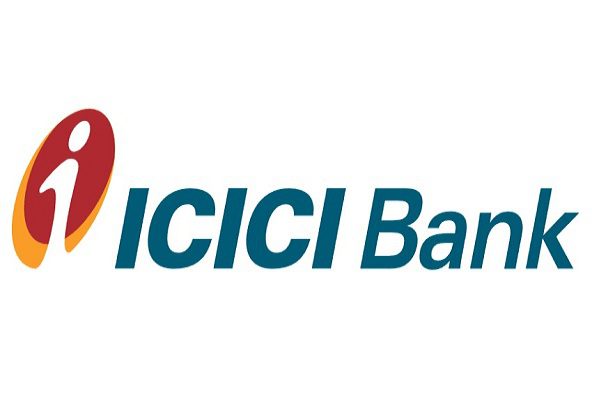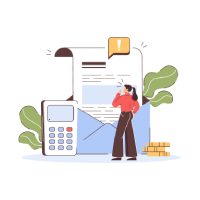In today’s fast-paced world, we’re constantly seeking ways to make our lives easier. And when it comes to finances, the Unified Payments Interface (UPI) has revolutionized the way we make payments. But what about linking our credit cards with UPI? Is it a match made in convenience heaven, or is it a recipe for financial trouble?
Let’s dive into the pros and cons of this financial fusion:

Pros:
- Convenience and Flexibility: Linking your credit card with UPI eliminates the need to carry physical cards, providing a unified interface for all your transactions. Whether you’re shopping online, making payments at stores, or transferring money to friends and family, UPI offers a seamless and convenient experience. This flexibility extends to even the smallest transactions, making it a versatile payment option for everyday use.
- Enhanced Security: UPI transactions employ multiple layers of security, ensuring the protection of your financial information. Two-factor authentication, PIN protection, and secure payment gateways safeguard your transactions from unauthorized access and fraudulent activities. Additionally, credit card transactions often involve further security measures, such as chip-and-pin technology and real-time fraud detection mechanisms, further minimizing the risk of fraud.
- Credit Card Benefits: Linking your credit card with UPI enables you to reap the full benefits of your credit card, even for small transactions. Reward programs, purchase protection, extended warranties, and other credit card perks remain accessible, allowing you to maximize the value of your spending.
- Enhanced Transaction History: UPI transactions provide a comprehensive and accessible transaction history, making it easier to track your spending and manage your finances effectively. This detailed record can be crucial for budgeting, identifying areas of potential savings, and maintaining financial discipline.
- Wider Merchant Acceptance: UPI has gained widespread acceptance across India, with a growing number of merchants and online platforms integrating the payment system. This growing network ensures that you can make payments conveniently and securely at a vast range of businesses.
Cons:
- Overspending Risk: The ease of use and seamless nature of UPI transactions, particularly when linked to a credit card, can lead to impulse purchases and overspending. The convenience of making payments without the need for physical cash or card swipes can make it easy to lose track of spending, potentially resulting in financial strain or debt accumulation.
- Late Payment Charges: Credit cards typically have interest rates and late payment charges that can quickly escalate if you fail to pay your bills in full and on time. Linking your credit card with UPI increases the accessibility of credit, which can be tempting for those who struggle with impulse control or have a history of credit card debt.
- Potential for Fraud: While UPI and credit card transactions are relatively secure, there is always a risk of fraud. Phishing scams, unauthorized access to your UPI ID, or even physical card theft can compromise your financial information and lead to fraudulent transactions.
- Temptation for Impulse Purchases: The convenience of UPI payments can make it easier to succumb to impulse purchases, especially when linked to a credit card. The seamless nature of online shopping and the ease of making payments can lead to unnecessary spending and potential financial difficulties.
- Potential for Financial Strain: Mismanaging your credit card balance and failing to make timely payments can result in significant interest charges and financial strain. Overspending and late payments can quickly compound, leading to a cycle of debt and financial hardship.
Conclusion:
Linking your credit card with UPI offers a convenient and potentially rewarding way to make payments. However, it is crucial to exercise financial discipline, monitor your spending habits, and manage your credit responsibly to avoid overspending and debt accumulation.
If you are prone to impulse purchases or have a history of credit card debt, it may be advisable to proceed with caution and consider alternative payment methods. Remember, financial literacy and responsible spending habits are essential for maintaining financial well-being.













